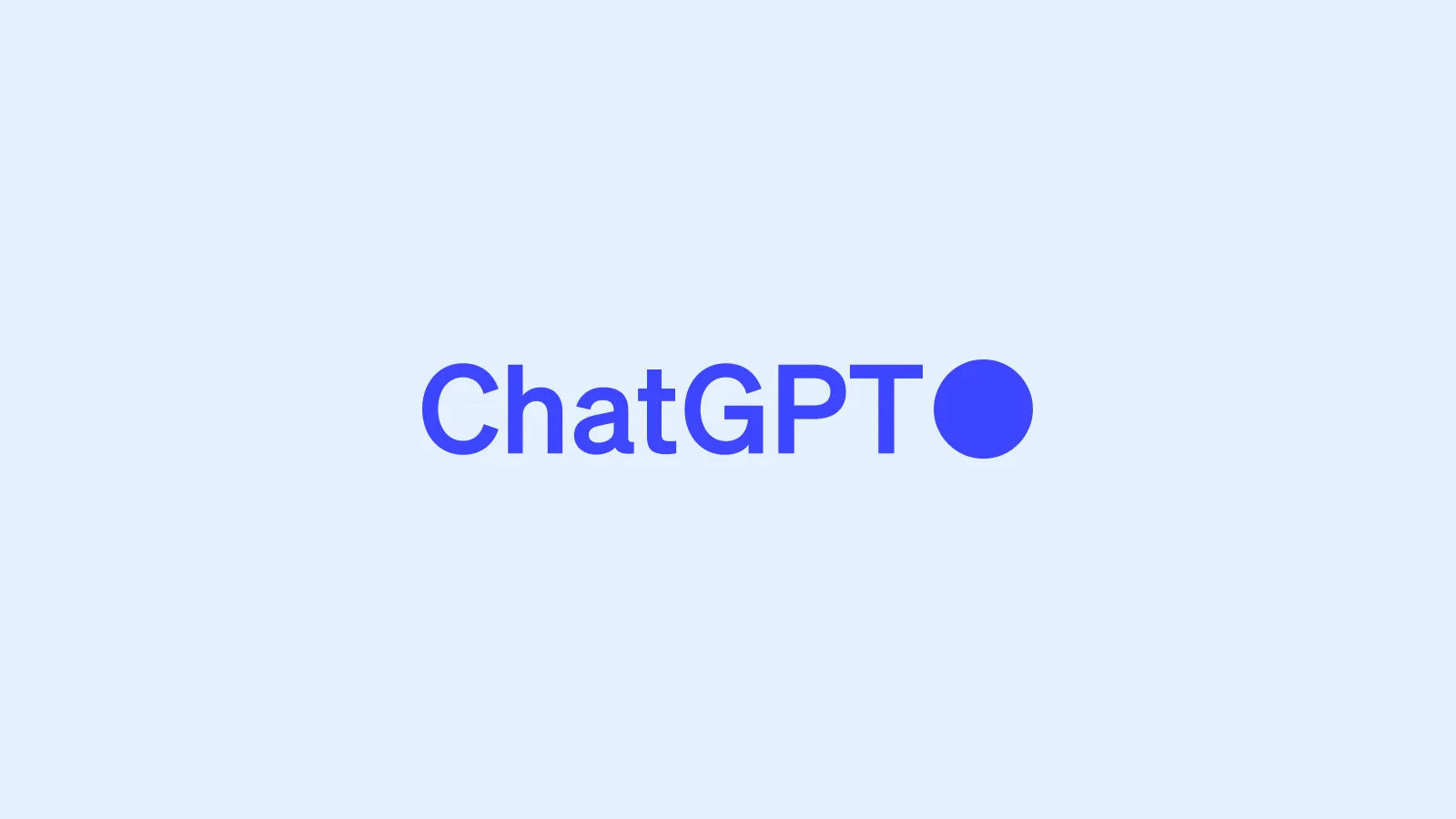It's troubling that you are taking an oppressive stance towards a business' right to protect confidential information in a competitive market. Of course a company is behaving in a rational manner to want to protect confidential information with a non-compete agreement. Of course I can understand why a company would enforce a non-compete agreement. Yes, if an employee used their position of trust to pilforate and exploit confidential information you bet I'd enforce a non-compete agreement....mercilessly
It's not an "overblown concern" at all if you have worked in a competitive market and dealt in confidential information...I wouldn't bullshit you. I can think off hand of four different examples of conniving weasel employees, one of which ended up serving time in federal prison.
I get why you call it an overblown concern because the chance of its occurrence is statistically unknown. But that doesn't make something an overblown concern. That would be like saying firewall on your computer is an overblown concern...
Let's take an example closer to home. Look at what happened years back about a decade ago when personality forums were more popular. Personality forums got hacked....and it was more than once. You wouldn't call it an overblown concern when they forum owners implemented better measures to prevent reoccurrences. likewise, its not an overblown concern for a business owner to implement a noncompete agreement in order to prevent a reoccurrence of confidential information being pilforated and exploited out from under them by a conniving weasel employee.
Lets turn to a disinterested source ChatGPT to find out whose instincts are right according to the advanced algorithms of Artificial Intelligence (if you and Cat are right ChatGPT will just answer corporate greed; if I'm right then there will be reasons that have nothing to do with corporate greed and will focus instead more on the employee).
Question to ChatGPT: why would a company want to execute a non-compete agreement with a new employee who they don't know
Answer from ChatGPT:
- Protection of Confidential Information: Companies want to protect sensitive business information, trade secrets, and proprietary processes. A non-compete agreement can help ensure that an employee who gains access to this information does not use it to benefit a competitor.
- Mitigation of Risk: Even if they don’t know the new employee well, companies want to mitigate the risk of potential future competition. This is especially relevant in industries where employees have the potential to leverage their knowledge of the company's strategies and client base.
- Talent Investment: If the company invests significant resources in training and developing an employee, a non-compete agreement can help ensure that the investment is not undermined by the employee joining a competitor immediately afterward.
- Business Relationships: Employees often have access to important business relationships and client contacts. Non-compete agreements can help prevent the poaching of clients or business opportunities.
- Legal and Competitive Landscape: The company might operate in a highly competitive market where non-compete clauses are more common to protect against potential competitive threats.
Sounds pretty rational: protection of confidential information, mitigation of risk, talent investment, business relationships and legal and competitive landscape. Those all overlap with the three reasons I provided that you quoted and called "overblown concern" and I only know this stuff because I have actually been inside the trenches and seen it firsthand. You may not have the same experiences but using logic, do you really believe those are not rational reasons for a company to want to execute a non-compete agreement and that ChatGPT is actually being irrational? If so, give me a break.


